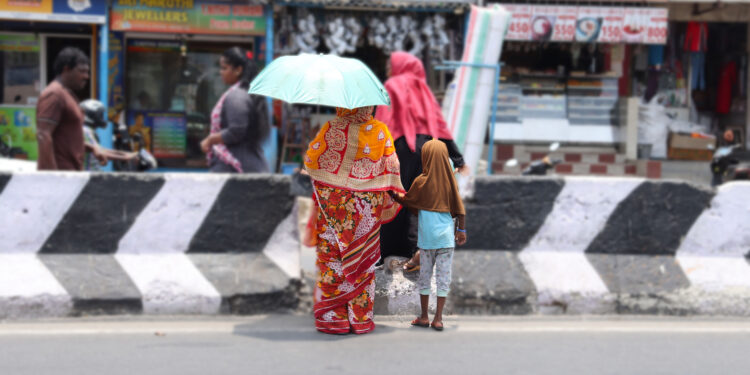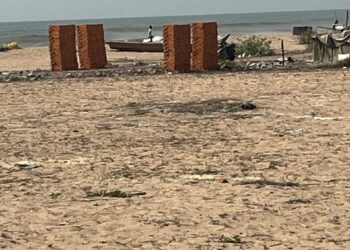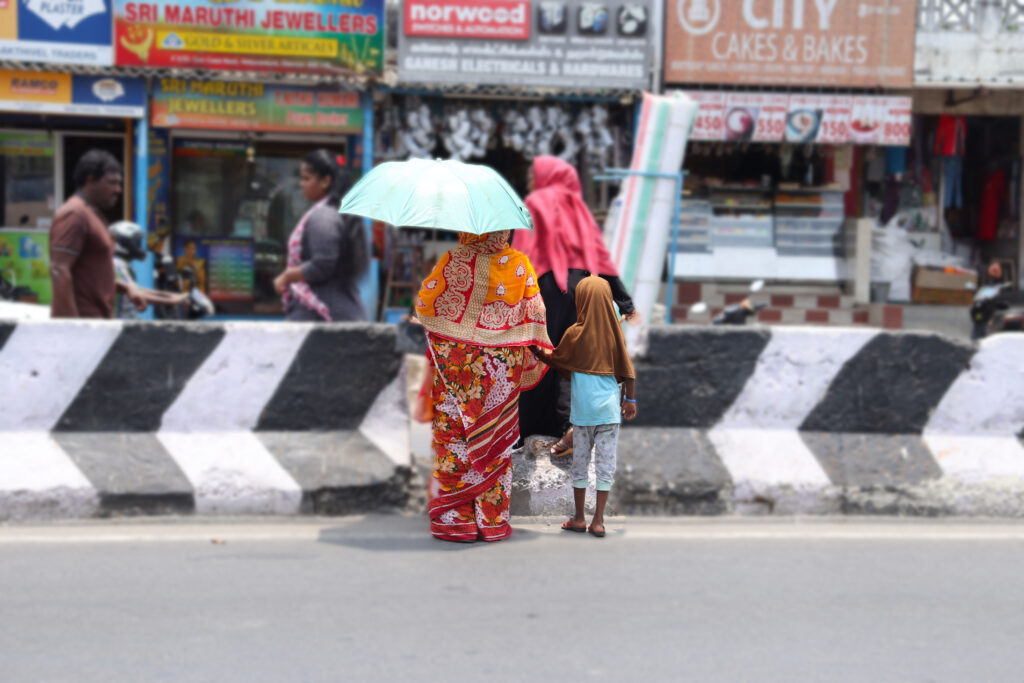
The whole of peninsular India is reeling under extreme heat, with temperatures expected to break records, courtesy of the El Nino effect. Chennai has been no exception, with high humidity adding to the woes. To combat the heatwave and to provide the public with the required support, the government of Tamilnadu has provided guidelines to be followed by the administration. The government, after consulting doctors, NGOs and social activists, has alerted government hospitals, maternity homes and welfare centres to be ready and equipped to treat people with all heat-related complaints.
It has also set up water kiosks (thaneer pandhal) at various vantage points and distributed ORS sachets. Awareness has been created to the general public through flyers and video shows. Construction sites and quarries and wherever people have to work in the open, instructions have been issued to provide shade wherever possible and keep water available in plenty, and if possible avoid work during noon.
While travelling, people should cover their heads with a cap, turban, dupatta or a towel. Any person feeling dizzy, headache or has a vomiting sensation should immediately consult a doctor. Children should be kept indoors. With all this, diet should also be given importance. Vegetables with water content, buttermilk, juice and avoiding fried food and masalas are advised.
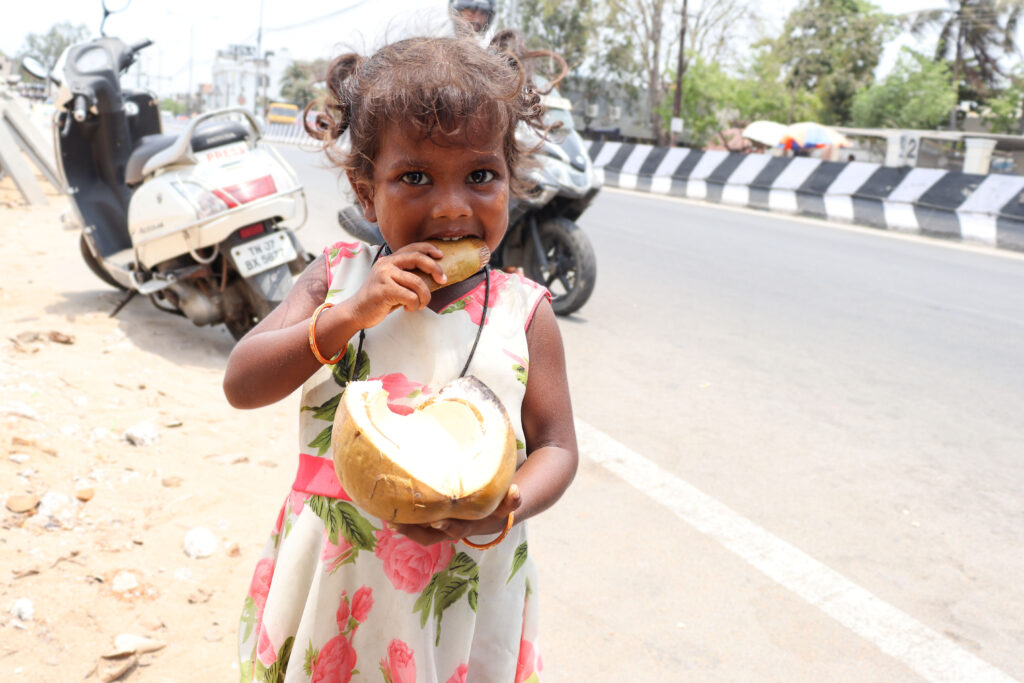
What is a heat wave?
Heatwave is a period of abnormally high temperature that occurs during the pre-monsoon (April to June) summer season. The extreme temperature combined with high humidity adversely affects human and animal health. Heatwave is considered if the maximum temperature of a station reaches at least (a) 40°C or more for plains, (b) 37°C or more for coastal stations and (c) at least 30°C or more for hilly regions. To declare a heatwave, the above criteria should be met at least in 2 stations in a Meteorological sub-division for at least two consecutive days and it will be declared on the second day.
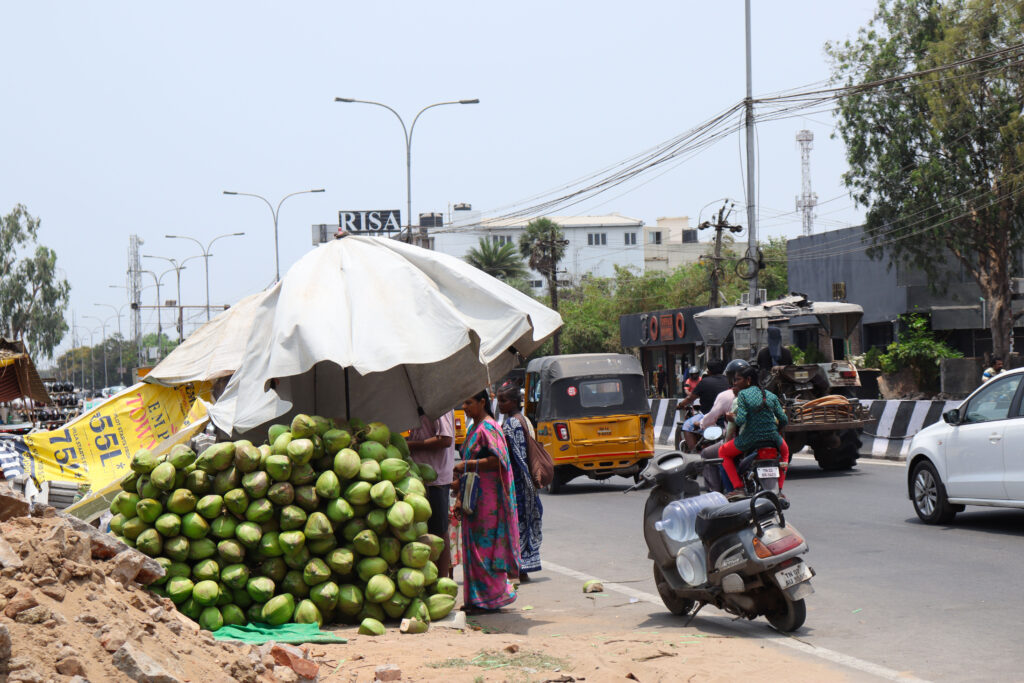
Do’s
- Checkout the latest news for the weather forecast.
- Drink sufficient water as often as possible, even if not thirsty. Carry water while travelling. One can also drink ORS, coconut water and homemade drinks like lassi, buttermilk, lemon juice etc.
- Wear light-weight, light-coloured, loose, and porous cotton clothes. Use protective goggles, umbrella/hat, shoes or chappals while going out in the sun.
- If you work outside, use a hat or umbrella and also use a damp cloth on your head, neck, face and limbs.
- Recognise the signs of heat stroke, heat rash or heat cramps such as weakness, dizziness, headache, nausea, sweating and seizures. If you feel faint or ill, see a doctor immediately.
- Urine in darker yellow or orangish-yellow indicates severe dehydration.
- Keep animals in the shade and give them plenty of water to drink.
- Keep your home cool, use curtains, shutters or sunshades and open windows at night.
- Use fans and damp clothing and take baths in cold water frequently.
- Provide cool drinking water near the workplace.
- Caution workers to avoid direct sunlight.
- Schedule strenuous jobs at cooler times of the day.
- Increase the frequency and length of rest breaks for outdoor activities.
- Pregnant workers and workers with medical conditions should be given additional attention.
Dont’s:
- Do not leave children or pets in parked vehicles.
- Avoid going out in the sun, especially between 12 pm and 3 pm.
- Avoid wearing dark, heavy or tight clothing.
- Avoid strenuous activities when the outside temperature is high. Avoid working outside between 12 noon and 3 p.m.
- Avoid cooking during peak hours. Open doors and windows to ventilate the cooking area adequately.
- Avoid alcohol, tea, coffee and carbonated soft drinks, which dehydrate the body.
- Avoid high-protein food.
Emergency treatment
If a Heat Stroke is suspected, call 108 immediately. While waiting for the ambulance:
- Make the victim lie down
- Take the person’s temperature.
- If possible move the affected person to somewhere cooler / shaded area.
- Apply cold compresses
- Elevate feet
- Give a cool shower by sprinkling with water or wrapping in a damp sheet and using a fan to create air circulation.
- Encourage them to drink fluids, if they are conscious.
- Do not give aspirin or paracetamol.


